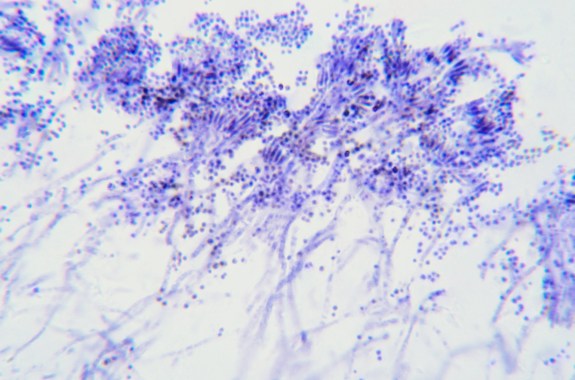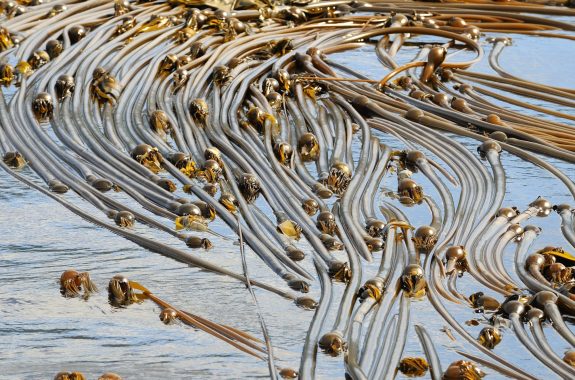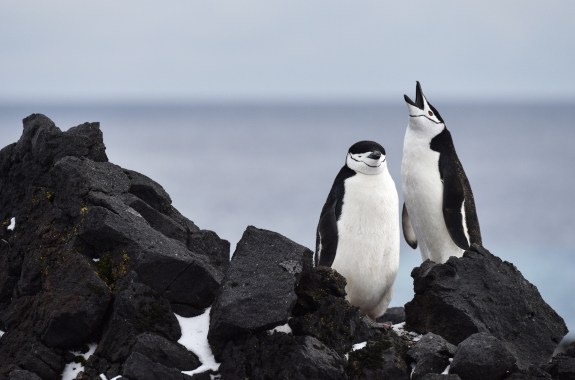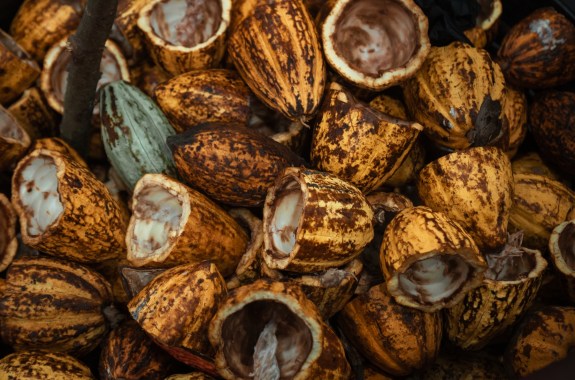Radio
Listen to Science Friday live on Fridays from 2-4 p.m. ET
February 21, 2025
The CEO of one of America’s oldest scientific societies discusses the recent cuts to scientific institutions, and how scientists can respond. Plus, flu infections are the highest they’ve been in nearly 30 years, and flu deaths this winter have surpassed COVID deaths. And, a video of a gloriously creepy anglerfish inspired tears and poetry online.
11:53
‘Dark Fungi’ Species Don’t Get Names. Should They?
Scientists have recovered the DNA of thousands of new species of fungi from the environment, but they aren’t eligible for scientific names.
16:03
Music’s Emotional Power Can Shape Memories—And Your Perception Of Time
Researchers used music to elicit different emotions, then looked at how shifts in emotion influenced participants’ memory formation.
16:58
The Unseen World Of Seaweeds
A new book celebrates the beautiful and underappreciated seaweeds shaping coastlines around the world.
29:36
How ‘Panda Diplomacy’ Led To Conservation Success
For decades, panda policy has guided conservation advancements. Now, pandas in the US are being returned to China.
11:57
Climate Conference Ends, With Few Immediate Results
COP28 ended with an agreement calling for a transition away from fossil fuels, but critics say it’s too little, too late.
17:01
The Military’s Carbon Footprint Is A Hidden Cost Of Defense
A recent report estimates that climate reparations of the US and UK militaries would reach $111 billion.
8:58
Why Are Some People Affected By Seasonal Affective Disorder?
Some people are more prone to develop seasonal depression. A researcher discusses the most effective treatments.
7:00
These Penguins Are Masters Of Microsleeping
While they’re nesting, chinstrap penguins take thousands of seconds-long naps a day. It adds up.
7:49
Flame Retardant Could Be Made From Discarded Cocoa Husks
Scientists are using leftover cocoa husks to extract lignin, an organic polymer that can become flame retardant, foam, or a straw.
9:02
The Oozy Physics Of Oobleck
Non-Newtonian fluids challenge our ideas of what’s liquid and what’s solid. We now have a better understanding of how they work.









